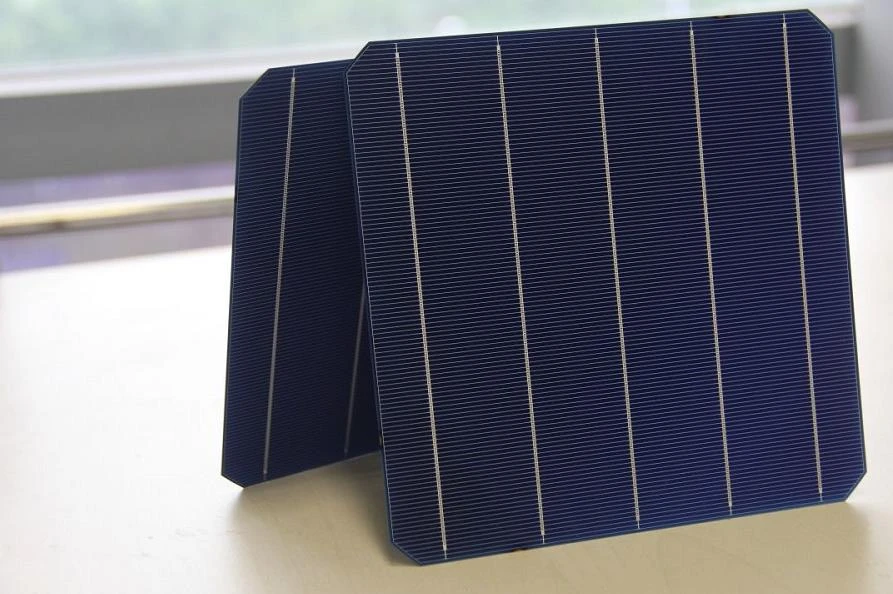Portable Inverter Generator for Efficient Power Solutions Anywhere You Go
The Rise of Inverter Generators A Modern Solution for Power Needs
In recent years, inverter generators have gained immense popularity among outdoor enthusiasts, homeowners, and those in need of reliable power solutions. These generators offer a range of benefits that make them a preferred choice over traditional generators. In this article, we’ll explore what inverter generators are, their advantages, and the factors you should consider when choosing one.
What is an Inverter Generator?
An inverter generator is a portable power source that uses advanced technology to produce clean and stable electricity. Unlike conventional generators that produce raw power directly from the engine, inverter generators convert the raw power into AC (alternating current) and then back into DC (direct current) before converting it again into AC. This complex process results in a more stable and consistent power output, making inverter generators ideal for powering sensitive electronics such as laptops, smartphones, and gaming consoles.
Advantages of Inverter Generators
1. Portability Inverter generators are typically lighter and more compact than traditional generators. Their design allows for easy transportation, making them suitable for camping trips, tailgating, and other outdoor activities.
2. Quiet Operation One of the standout features of inverter generators is their quiet operation. They are designed to run at lower decibel levels, often comparable to conversational speech, making them perfect for use in residential areas where noise restrictions may apply.
3. Fuel Efficiency Inverter generators are known for their fuel efficiency. They adjust their engine speed according to the load, which means they consume less fuel compared to conventional generators that run at a constant speed regardless of demand. This efficiency not only saves money but also reduces emissions.
4. Clean Power Output The electricity produced by inverter generators is cleaner and more stable than that from traditional generators. This characteristic is crucial for sensitive electronic devices as it prevents potential damage caused by voltage fluctuations.
5. Parallel Capability Many inverter generators are designed to work in parallel, meaning you can connect two units together to double your power output. This flexibility allows users to scale their power needs according to their requirements without investing in a larger and more cumbersome unit.
inverter generator

Considerations When Choosing an Inverter Generator
When selecting an inverter generator, there are several factors to consider
- Power Needs Calculate the total wattage required for the devices you plan to power. Inverter generators come in various wattages, so it’s essential to choose one that meets your needs.
- Runtime Check the generator’s runtime at both half and full loads. Longer runtimes are advantageous for extended use, especially during camping trips or power outages.
- Portability Features Look for features such as foldable handles, wheels, and lightweight designs that enhance portability.
- Noise Level While inverter generators are generally quieter, some models are noisier than others. Check the decibel rating to ensure it meets your noise tolerance.
- Brand and Warranty Opt for reputable brands that offer a solid warranty. This ensures you have support in case of any malfunctions or issues.
Conclusion
Inverter generators are revolutionizing the way we think about portable power. Their combination of portability, quiet operation, fuel efficiency, and clean power output makes them an excellent choice for a wide range of applications. Whether you’re looking for backup power for your home, searching for a solution for your next camping adventure, or needing a reliable source for outdoor events, an inverter generator is an investment worth considering. As technology continues to evolve, the capabilities and efficiency of these generators will likely improve, paving the way for even more innovative energy solutions in the future.
-
Unlocking Energy Freedom with the Off Grid Solar InverterNewsJun.06,2025
-
Unlock More Solar Power with a High-Efficiency Bifacial Solar PanelNewsJun.06,2025
-
Power Your Future with High-Efficiency Monocrystalline Solar PanelsNewsJun.06,2025
-
Next-Gen Solar Power Starts with Micro Solar InvertersNewsJun.06,2025
-
Harnessing Peak Efficiency with the On Grid Solar InverterNewsJun.06,2025
-
Discover Unmatched Efficiency with the Latest String Solar InverterNewsJun.06,2025







